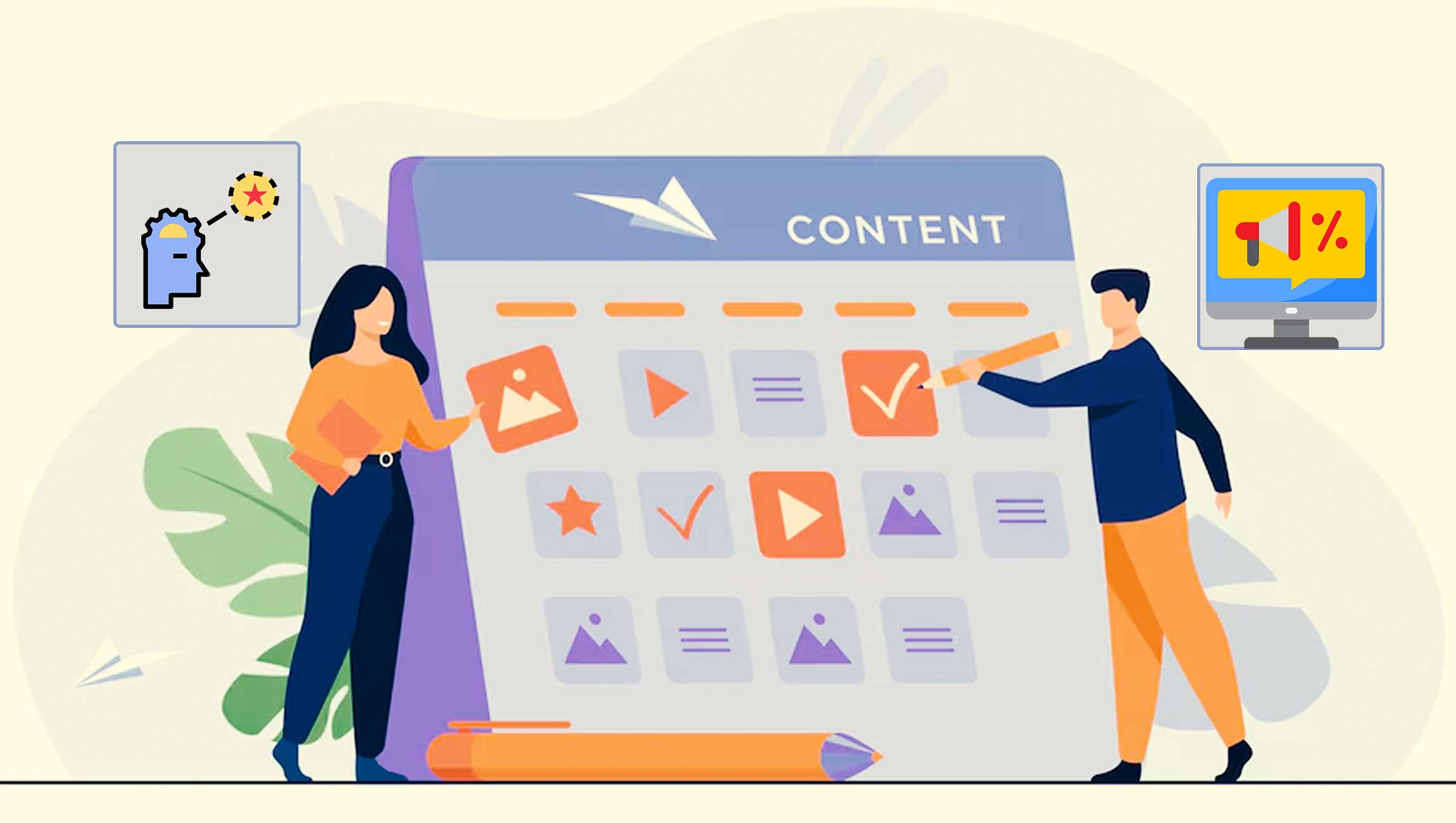With privacy measures and data protection becoming key priorities for modern marketers and advertisers, how will adtech shape up to meet changing market needs? Andrew Pascoe, Vice President Of Data Science Engineering at NextRoll weighs in with a few thoughts:
___________
Hi Andrew, can you take us through your journey in the martech and adtech space and tell us more about your role at NextRoll?
My journey through adtech is pretty much my journey at NextRoll. I joined NextRoll over 12 years ago, fresh out of grad school. I was the first Data Scientist at NextRoll, who hired me for my background in mathematics, machine learning, and control theory. I’ve devoted much of my career at NextRoll to developing our BidIQ systems, essentially our predictive engine for pricing ad opportunities. Eventually, I moved into management and helped lead efforts for various additional machine learning and artificial intelligence capabilities, including our account-based marketing predictions, automatic segmentation, and homegrown contextual classification.
Approximately five years ago, I got involved in the Privacy Sandbox initiative, contributing to the World Wide Web Consortium (W3C), writing specs, providing feedback, and more. I’m very passionate about consumer privacy, and the mathematics underpinning a variety of Privacy Sandbox APIs was new to me and legitimately fascinating. The complexity and innovation immediately captured my interest, and since then, I’ve been dedicated to driving NextRoll’s privacy initiatives.
What about today’s state of privacy-first advertising would you like to draw attention to?
The most important thing is that the Privacy Sandbox APIs are functional. Many different adtech companies coordinated and were able to deliver ads and measure them successfully. We shouldn’t take this for granted—after years of developing specs and with no true test, the fact that things worked end-to-end on the first go in a space as complex as adtech with so many different entities is remarkable. I mean, how often does that happen in software development?
Now, Privacy Sandbox continues to evolve because there are still a host of problems to solve. That’s not an indictment. That’s natural. These are exciting times for the industry. It is increasingly possible that the advertising space will have very effective, measurable ad delivery while a) giving marketers what they need to reach the right audience at the right time with the right message, b) supporting publishers on the open web with enough revenue to keep the web open and c) giving consumers the privacy they deserve. We should all want to help make that happen.
Marketing Technology News: MarTech Interview with Kelly Hopping, CMO @ Demandbase
We’d love to hear about NextRoll’s work in Privacy Sandbox and how that’s enabling modern advertisers to meet current user needs?
We have a long history with Privacy Sandbox. Sometimes, this gets clouded from all the talk in the industry, but the most fundamental thing we do to meet advertiser and user needs is to provide feedback and propose our own enhancements to the Privacy Sandbox specifications. Google launched the initiative, but it is truly an industry effort, and NextRoll has been at the forefront of it. Our proposals always solve for what advertisers will need moving forward while being extremely careful about user privacy. As I said, I’m also a privacy advocate, so we have to solve for both. And yes, effective advertising is in the user’s interest because the user wants an open web.
Beyond this, testing is paramount. There are going to be rough edges that we need to smooth out. NextRoll tested Privacy Sandbox on 1% of traffic across all our advertisers. We covered that cost, but not a single advertiser even noticed. This is a good sign—we want to make this transition as seamless as possible for advertisers. If we do that, we know we are solving their problems.
How will the future of adtech and advertising shape up, given the recent evolutions in AI and changing content consumption patterns and needs in the industry?
I don’t like being strongly predictive about where we’ll land, especially when things are changing so much. Instead, I’ll offer where I hope we end up.
I’m a big proponent of machine learning and artificial intelligence. I believe technology, while a double-edged sword, usually lands on being beneficial. Here’s the analogy I like to give: if you wanted to hang some art on your wall a few hundred years ago, you had to hire an artist or purchase a painting. Most people could never hope to afford such luxuries. Nowadays, many people can afford to buy a poster. Artists haven’t gone away. I find such historical fears unfounded, e.g., Walter Benjamin’s “The Work of Art in the Age of Mechanical Reproduction.” This is personal for me: I have an MFA and a home recording studio. The technology available to me at consumer prices was unheard of mere decades ago.
Advertising isn’t going away. People want to be informed about products that can make their lives better, but with AI content consumption, I suspect there will be some awkward period where society is trying to find an appropriate balance, and I don’t suspect we will land on an
“Everything is AI” content-scape. In the long run, I think AI will be assistive—more people will have more access to more content that they like more because more people will be able to make it more cheaply.
A quick shout-out to some of the world’s leading adtech innovators that have piqued your interest and why?
I’ve been very focused on privacy and I really like math, so maybe this is coming out of left field, but I was impressed with Roxana Geambasu’s presentation of a paper entitled “Cookie Monster: Efficient On-Device Budgeting for Differentially-Private Ad-Measurement Systems” at W3C TPAC back in September. There are nine authors on that paper, but I’m very interested in all the research going into local differential privacy for a few reasons. First, it puts more control in users’ hands. Second, research in this area can help us drastically reduce noise in measurements while maintaining privacy. Finally, this paper, in particular, builds upon the collaboration across many adtech heavy hitters.
Marketing Technology News: How DAM Platforms are Evolving Today – Impact of AI in Digital Asset Management
NextRoll is a marketing technology company delivering products ambitious marketers use and rely on to grow their businesses. Powered by machine learning and integrated data platforms, NextRoll’s technology serves tens of thousands of businesses globally through its two business units: RollWorks, an account-based platform for business-to-business marketing and sales teams, and AdRoll, a marketing and advertising platform for direct-to-consumer brands. NextRoll is a privately held, remote-friendly company headquartered in San Francisco with additional offices in New York City, Dublin and Sydney.
Andrew Pascoe joined NextRoll in 2012 and is currently the Vice President of Data Science Engineering. He holds an Sc.B. in Mathematics from Brown University and an M.F.A. in Digital Arts and New Media from the University of California, Santa Cruz. He oversees NextRoll’s machine learning and artificial intelligence initiatives as well as being NextRoll’s representative at the W3C, working on privacy-first advertising.











